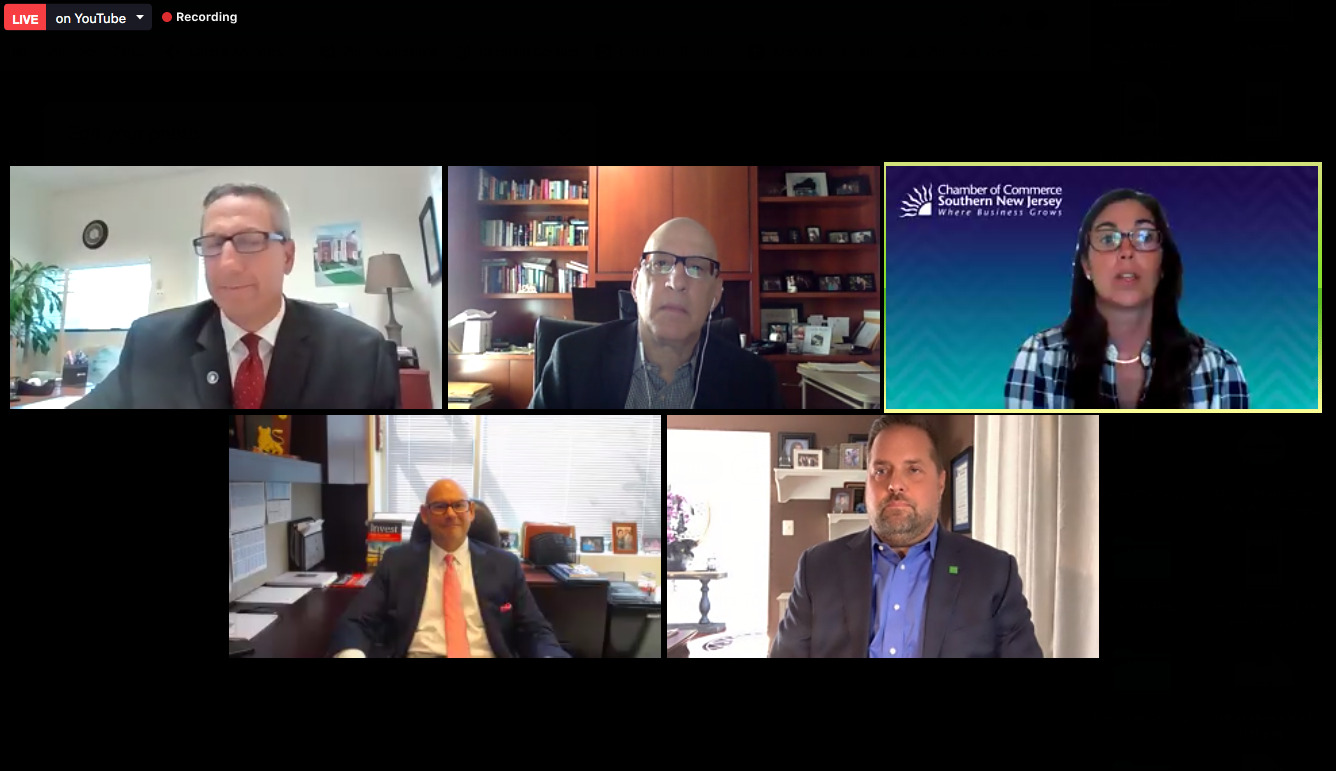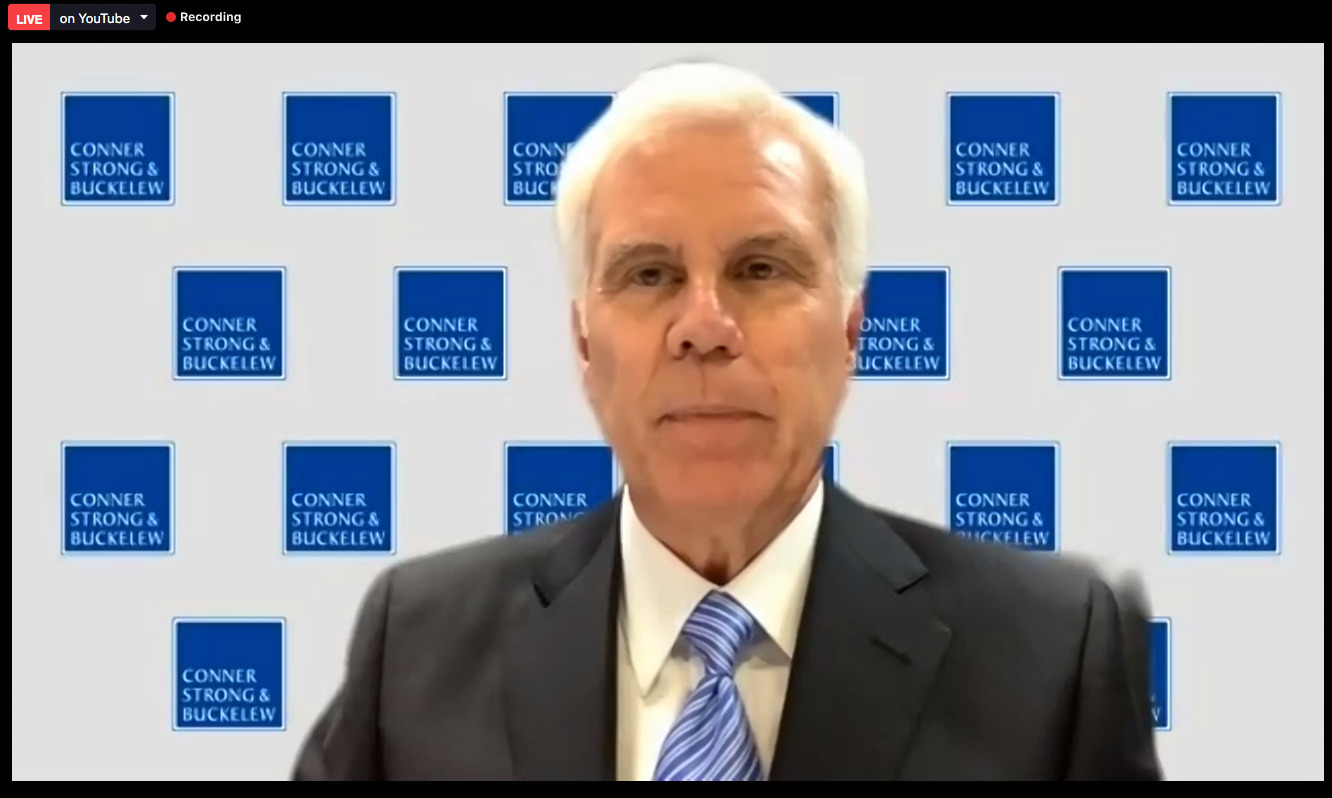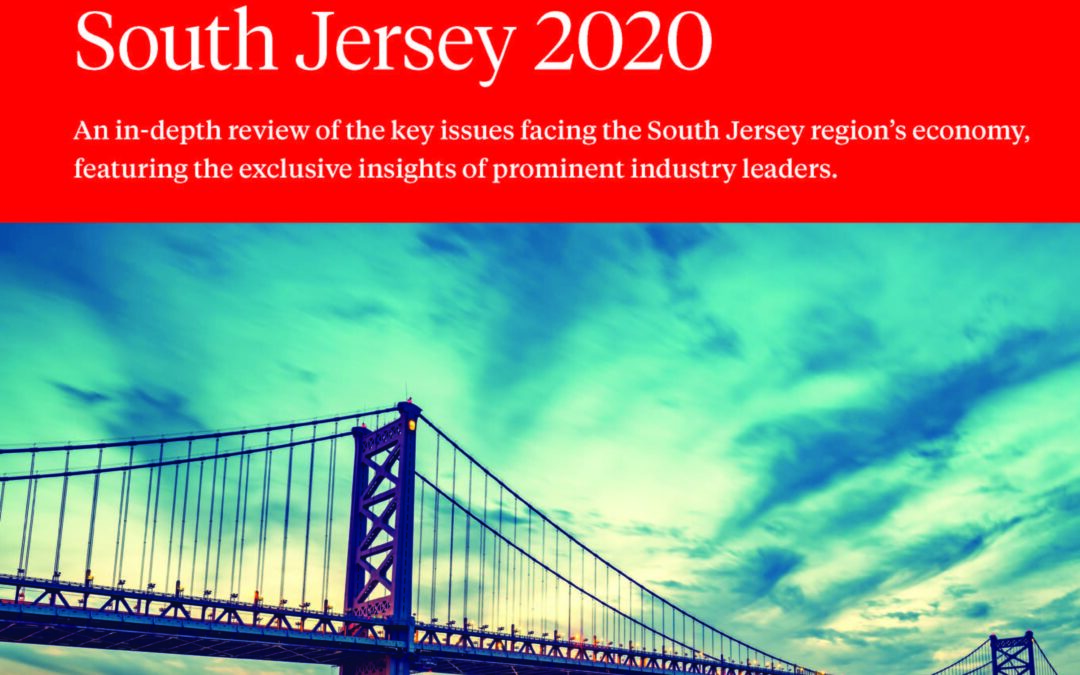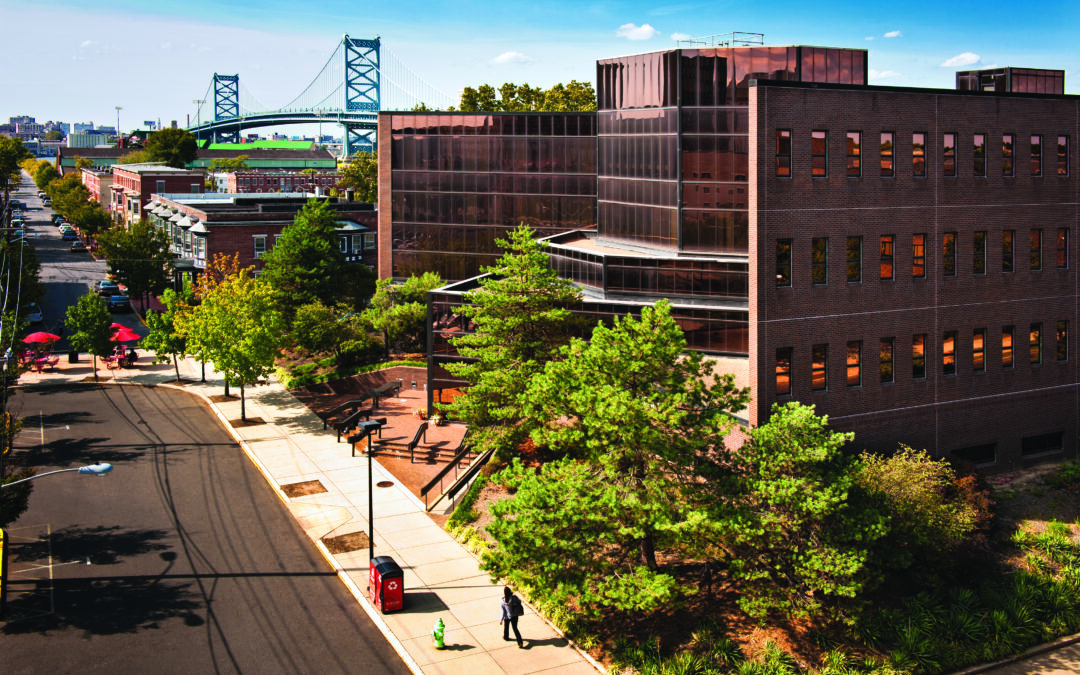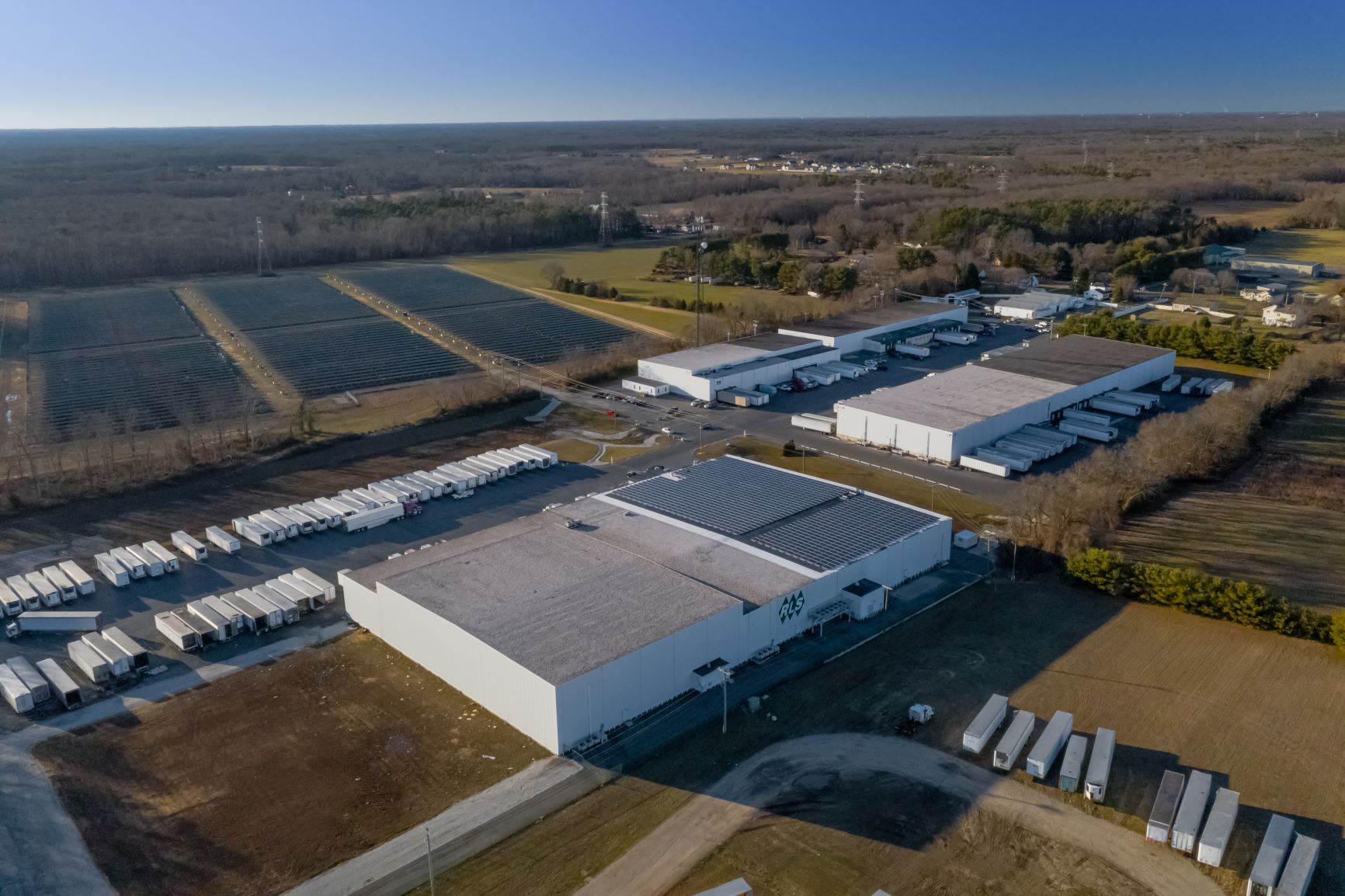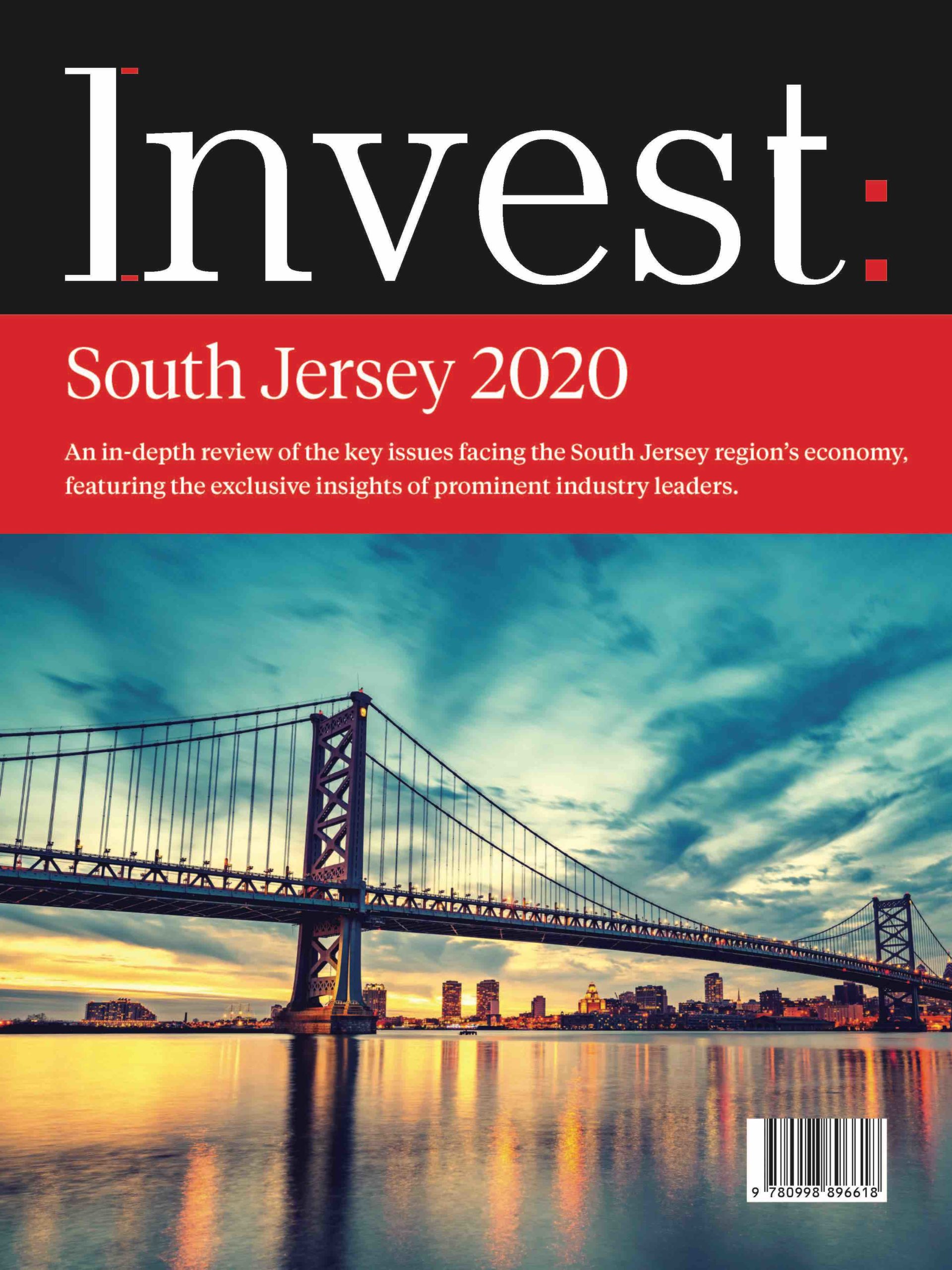
Invest: South Jersey’s first digital launch conference highlighted the region’s resilient and innovative business community
By: Beatrice Silva
FOR IMMEDIATE RELEASE
October 9, 2020
South Jersey’s economic resilience in the face of unprecedented challenges, innovation and adaptation highlighted the launch of Invest: South Jersey 2020.
CHERRY HILL, NJ—In this time of uncertainty, it has never been more important to demonstrate the strength and overall resilience of the local community and economy. On Thursday, integrated media platform Capital Analytics provided an opportunity to shed light on the challenges and opportunities in the region as it launched its annual analysis, Invest: South Jersey 2020, with a virtual business conference held via Zoom Webinar.
Known for its affordability, highly educated workforce, and reputation as a major banking hub, South Jersey is poised for continued growth and economic diversification even in the midst of current coronavirus-related challenges and uncertainty. Invest: South Jersey dives into the top economic sectors in the county, including real estate, construction, utilities and infrastructure, transportation and aviation, banking and finance, legal, healthcare, education and arts, culture and tourism.
Like other parts of the nation, South Jersey has felt the economic constriction and health challenges created by the pandemic. But, it has also experienced notable job expansion and continued work on capital projects, Louis Cappelli, Director of the Camden County Board of Freeholders, told the virtual audience in his closing keynote address. The pandemic has also allowed city and business leaders to collaborate on addressing recovery efforts and creating solutions for the socio-economic challenges highlighted by the pandemic. “I hope the panel discussions have helped you discover new and exciting ways to think about the future of your business and our shared local economy. When I sat down with Invest: South Jersey for an interview in 2019, we didn’t discuss pandemics or viral outbreaks. No one had ever heard of COVID-19 and the idea of a nationwide economic shutdown would have seemed impossible. This year has looked a lot different than anyone could have ever imagined. But even during this challenging time, I’m frequently reminded that this pandemic will end and when it does the fundamentals that made South Jersey so hospitable to new and existing enterprises will remain intact. From the fast diversity in land and real estate throughout our region to our strategic location near Philadelphia, New York and Washington, D.C., South Jersey remains the place to be a place for growth, expansion and innovation,” said Cappelli.
“South Jersey was an important expansion for us because it is a unique and dynamic area that functions with the greater Philadelphia region. Our South Jersey expansion showcases how metro areas are more than just cities but rather a diverse ecosystem made up of many companies, locations and environments. Despite the challenges put upon us by COVID-19, Capital Analytics remains steadfast in our purpose: to deliver in-depth business intelligence through its print and digital platforms. Now more than ever, information is not only necessary, it is vital,” said Abby Melone, president and CEO of Capital Analytics.
The panels addressed the current economic climate as well as prevailing themes dominating the South Jersey metro area’s economy: education and business growth in the time of a pandemic and the future of development in South Jersey. Southern New Jersey Development Council President Marlene Asselta kicked off the virtual conference as the moderator for “Innovation and adaptation: What this could mean for education post-pandemic,” which featured insights from Rowan College of South Jersey President Frederick Keating, Rutgers School of Business at Camden Dean Monica Adya and Atlantic Cape Community College President Barbara Gaba.
“Public-private education partnerships are critical at this time. Particularly because of what we are going to see in the next few years. We will be impacted by demographic trends in the following years to come. Educational institutions need to start thinking about how we are going to partner together. These partnerships with our communities, business leaders and public institutions will play an important role in our mission to impact the region,” said Moncia Adya, Dean of Rutgers School of Business at Camden.
The second panel, “Best practices to promote sustainable business growth in a post-pandemic landscape,” was moderated by Chamber of Commerce Southern New Jersey President and CEO Christina Renna, and featured Fox, Penberthy & Dehn at Morgan Stanley Senior Vice President and Executive Director Al Fox, OceanFirst Bank Southern Region President Vincent D’Alessandro, TD Bank Market President of South Jersey Robert Curley and Alloy Silverstein Managing Shareholder Reynold Cicalese.
“We’ve returned to the office at a very limited capacity but what we found was that there was an increased amount of productivity and an increased level of communication. I’ve been told for years that you can’t waste a good crisis so it necessarily became the mother of creativity. During this time we were able to figure out the depths of our team and the depths of our clients,” said Fox.
Almost 400 high-level guests and officials from South Jersey’s key industries and economic institutions tuned into the event via Zoom Webinar. For those who missed the event or would like to revisit some of the highlights from the day, please visit: https://www.youtube.com/watch?v=Muf9YEiBX5Q
About Capital Analytics:
Capital Analytics produces in-depth business intelligence with a focus on providing comprehensive investment knowledge on markets within the United States for the domestic and global business community. Over a seven-month research period, it meets with more than 200 top political, commercial and industry leaders to deliver targeted information, in-depth analyses and strategic insights to the global business community on economic trends and investment opportunities.
Capital Analytics has a global readership and includes among its readers top executives working in real estate, finance, technology, trade and logistics, health, hospitality and others. Books are distributed locally, nationally and globally to trade and investment boards, executives of Fortune 500 companies, institutional investors, consulates and embassies, hedge funds, leading chambers and associations, as well as high-level summits and conferences.
For more information, contact:
Max Crampton-Thomas
Content Manager
305-523-9708 Ext: 233

